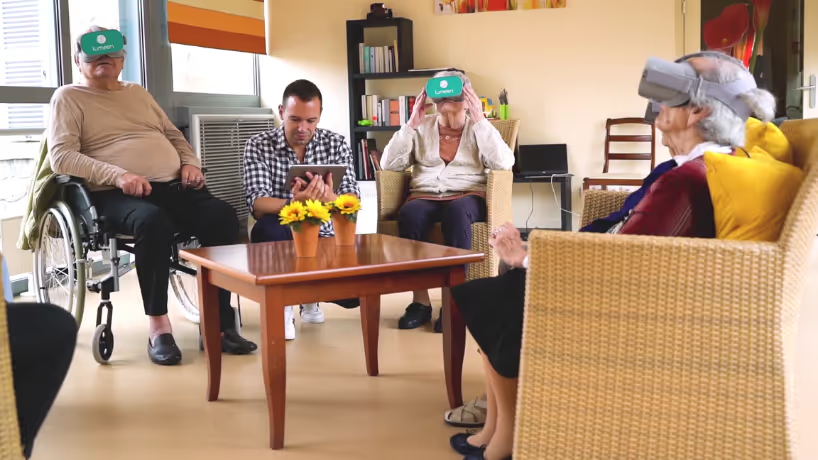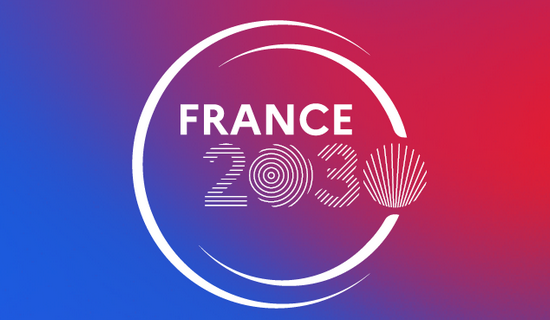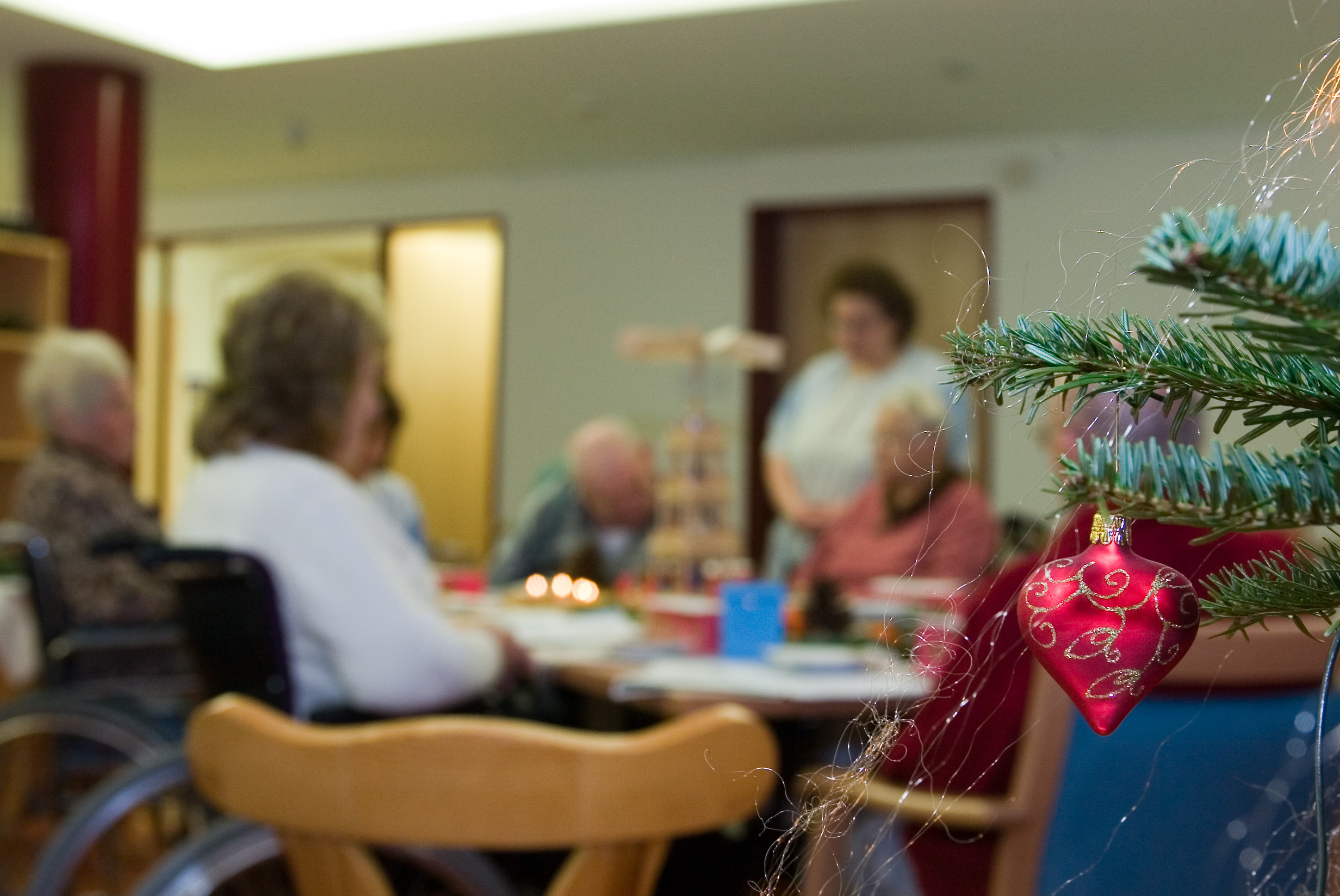Ethics and digital technology in the silver economy: how can we be inspired by them?

Preamble: This Thursday, November 21, Solenne Brugere, lawyer at the firm b Ethics and Fabrice Gzil, philosopher at Espace Éthique Île-de-France, gave their rapport expected on the theme of ethics and digital technology in the silver economy. This mission was given to them this summer by the Silver Eco Sector to clarify the questions of supervision of technological innovations for the elderly. How can Silver Economy startups be inspired by it?
In the medical-social sector, we are very quickly confronted with ethical questions. Our first interlocutors are nurses, doctors, psychomotor therapists, psychologists, etc. Being a caregiver is a real vocation and these professionals are sensitive to the purposes and the meaning of the innovations they use to people. To convince, entrepreneurs in the silver economy must put ethics and people at the heart of their inventions.
At Lumeen, we use virtual reality in nursing homes and that can be intriguing. The idea of isolating elderly people in a fictional world is even chilling. The episode “San Junipero” of the Black Mirror series has already challenged us on the subject. The Aesio group also recently published a disaster scenario on social networks. In their video, a single lady uses her immersive headset to be accompanied by a virtual caregiver. Suddenly, the helmet starts to bug, leaving the poor lady alone and without support. The video concludes with the slogan “Help and home care will never be virtual.”
We fully agree with this rhetoric, and that is where the confusion lies. It is obvious that digital technology should not replace human relationships. On the contrary, it must facilitate the work of caregivers, promote human relationships and improve people's quality of life. Seniors, caregivers and families need to be involved from the moment digital tools are designed. We are lucky to have a nurse and a psychomotor therapist on the team and that is the mission we are giving ourselves with Lumeen. Our tool, intended for animators and caregivers, allows them to bring together several people around shared immersive experiences to make them travel, relax and create social links. The speaker has a central role in our workshops since he guides people with fun information and stimulates exchanges. Moreover, we are not limited to immersion. Our workshops last 45 minutes and we only use the headsets for 6 to 12 minutes. The rest are memories, wonders, laughs. This is where digital technology makes sense.
The question of the consent of the most dependent elderly people who suffer from cognitive disorders may also arise. Our position is to give caregivers clear recommendations and protocols to use our tools as best as possible with these people. We have excellent feedback from the field with very dependent people and the approach we adopt has a great influence on the acceptance of these people. Thus, we train our partners in user techniques that help addicts understand the concept of virtual reality, and give them control over Lumeen experiences to live them at their own pace.
It is our responsibility to develop ethical solutions and recommendations for use. Technology is and has always been just a tool. It is neither good nor bad, it is the way in which it is used that determines that.
As advised by Marc Bourquin and Jean-Pierre Aquino, Solenne Brugere and Fabrice Gzil recommend creating an evidence center. To ensure its independence, this center will be governed by a legal entity governed by public law and trained by indisputable experts. Based on data available in the scientific literature, their mission will be to identify the tools and protocols that work. It will be a good resource to guide institutions, professionals and consumers in their choices. In this sense, we are involved in the scientific validation of the tools and protocols we create at Lumeen. We are launching two clinical studies in early 2020 and will make the results public.
Digital technology is gaining importance in the silver economy and ethical issues are central to the development of the sector.
Want to test Lumeen for 30 days with no commitment?






